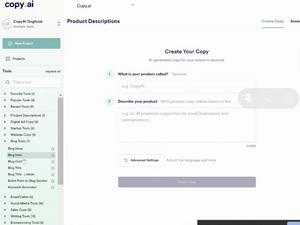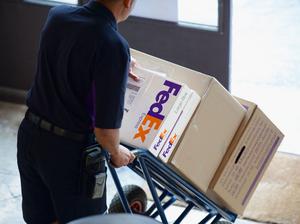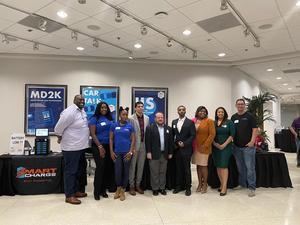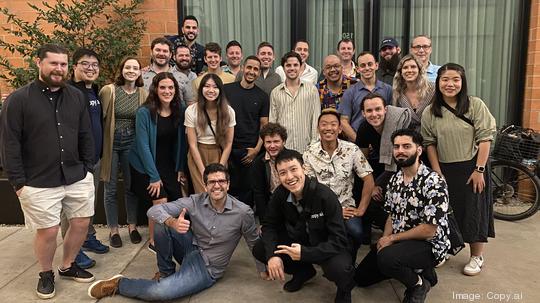
As the cofounder and CEO of Memphis-based Copy.ai, Paul Yacoubian must weather the highs and lows that come with running a tech startup. He’ll hire a top-notch employee, only to find out another high-caliber staffer is leaving to start their own company. He’ll prepare to launch a new product, and something won't work.
“It’s a roller coaster,” Yacoubian said. “So, if you’re not well-balanced, it will destroy you.”
Yacoubian finds his balance by working out, and spending quality time with his family and mini goldendoodle, Penny. But his desire to separate his career from his personal life doesn’t mean Copy.ai is struggling. On the contrary, it’s growing immensely.
When MBJ last spoke to Yacoubian in October 2021, the startup had 12 employees, about 5,000 customers, and $2.3 million in recurring revenue. These days, it has 30 employees spread throughout the country, around 24,000 customers, and a revenue run rate of $11.4 million.
“Software scales really well,” Yacoubian said. “You build software, you put it on a website, you allow people to find the website, sign up on their own, use the product, and pay for it on their own, then you don't actually have to do anything. Your team can just focus on improving the software and building new functionality out … and bringing more people to the website.”
But what exactly is the software that’s luring in so many customers?
The goal of Copy.ai
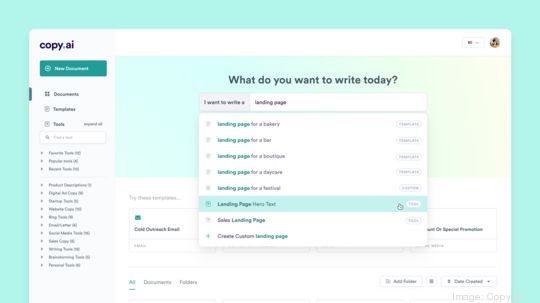
Founded in November 2020, Copy.ai uses artificial intelligence (AI) to help businesses write and adjust various forms of marketing copy. Based on information you provide about your product or company, it can give items such as blog post ideas, intros, headlines, and outlines, or copy for letters, emails, and social media posts. Depending on the mood you’re going for, you can also select a certain tone, such as relaxed, professional, bold, or adventurous.
The platform is powered by GPT-3 — an AI word generator that runs on a neural network — and the bulk of its customers are new and small businesses.
“They’re mom and pop businesses,” Yacoubian said. “They're freelancers, consultants, a team of one. And when you're a team of one, you don't want to spend much time updating your website or creating emails or newsletters. You really need help doing that.”
That’s not to say Copy.ai only works with small businesses. It also works with larger companies; and in in the first quarter of 2023, it’s set to launch a new offering that Yacoubian believes could attract even more of them.
“This product we're building will be especially valuable to bigger companies,” he said.
Staying lean

As Copy.ai prepares the new product, it’s also looking out at a tech landscape that’s been shaken by economic uncertainty and mass attrition. Facebook parent company Meta recently announced it would cut about 11,000 positions, while Elon Musk has laid off thousands at Twitter, and Amazon is set to eliminate 10,000 corporate and tech jobs.
Yacoubian, however, doesn’t expect Copy.ai to be affected by this trend. The company is lean, he explained; and if you were to divide its revenue run rate by its headcount, you’d have about $380,000 in revenue per employee.
“We designed the company to be lean, and the reason we did that is because we have to innovate around these business processes,” he said. “It's nice to have venture backing. But the whole goal of venture capital is to really accelerate companies so they can have scale and move a little bit faster. At some point, these businesses have to stand up on their own, and they have to fund themselves.”
For its part, Copy.ai expects to become profitable in Q1 — and that’s just the beginning.
Last fall, Yacoubian told MBJ the goal was to go public and earn $100 million in annual revenue within five years. And while he still wants this to happen, don’t bank on it happening in five years.
“It’ll be less than that,” Yacoubian said. “It won’t take five."
